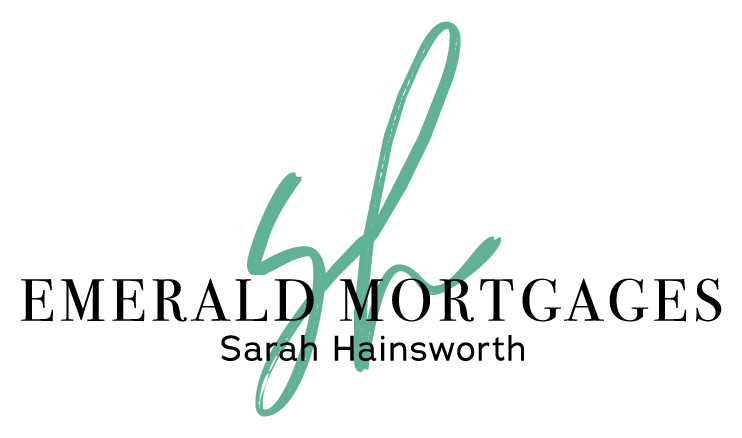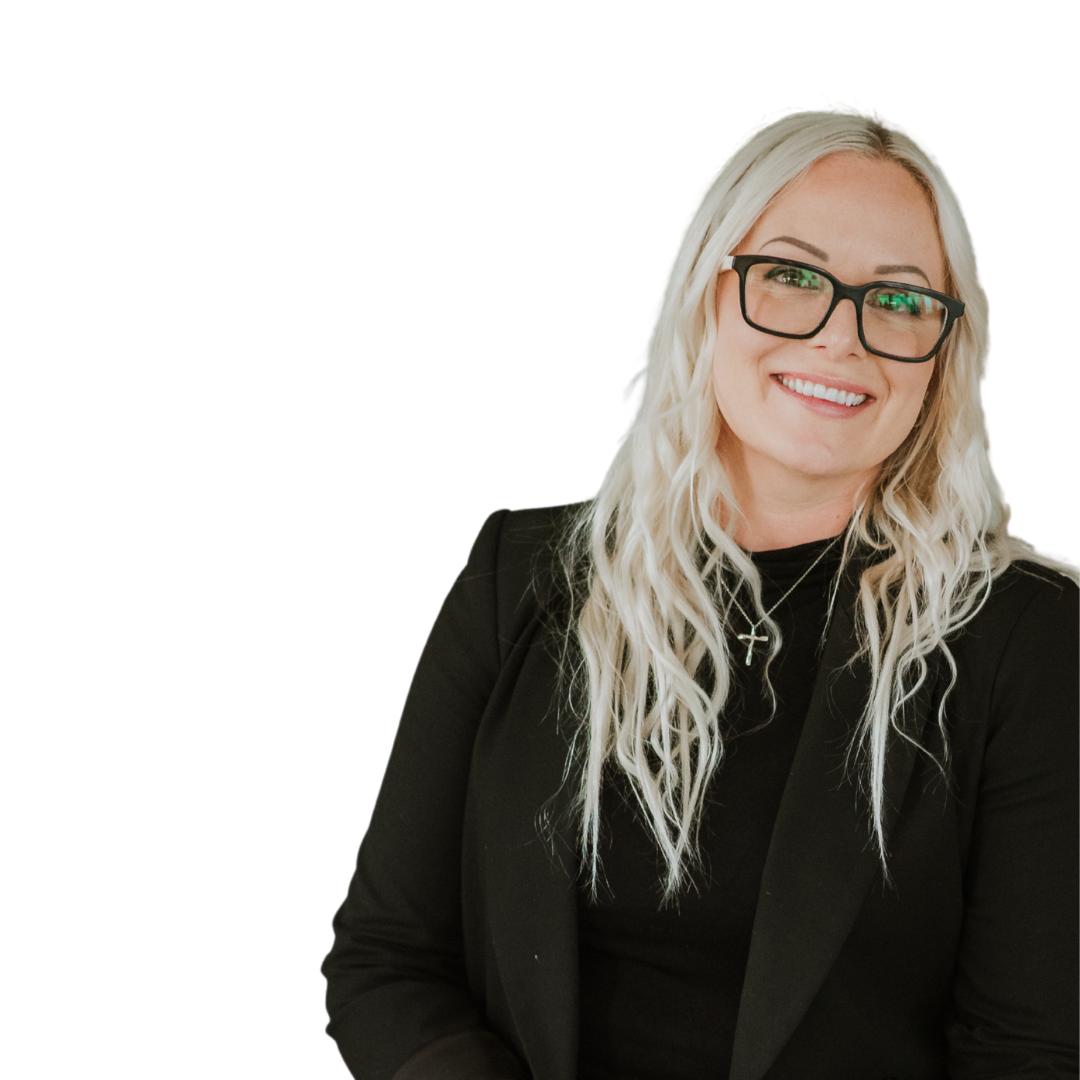Mortgage financing. Made easy.
Sarah Hainsworth.
Your Alberta Mortgage Agent.
If you're looking for mortgage financing, you've come to the right place. Let me help you find the best mortgage to meet your needs.
I'm Sarah, your guide to building wealth through investment in real estate. Whether you're buying your first home, a second property, or investment property, let me ensure you get the best mortgage for you! Mortgage financing doesn't have to be difficult, let me walk you through the process.
As your independent mortgage professional, I'm happy to provide you with mortgage options. I will assess your financial situation, listen to your goals, and suggest mortgage products that help get you there. It would be a pleasure to work with you.
Finding the best mortgage can be frustrating. It doesn't have to be when you follow my simple plan.
1. Initial Call
The best place to start is to connect with me directly. As
the mortgage process is personal,
the best place to start is to book a call with me.
Let's figure out if working together makes sense!
2. Application & Documents
Once we've established working together is a good fit, the application process begins. Apply here to start the process of getting me your financial information and documents required for a mortgage.
3. I'll check your eligibility
Sorting through all the different mortgage lenders, rates, terms, and features can be overwhelming. Let me cut through the noise, I'll outline the best mortgage products available to you.
4. Strategy Call
Not every mortgage is created equally, so with all the mortgage options presented, let's look at putting together a plan that allows you to build wealth and meet your short and long term financial goals.
5. Approved
Not only will I handle all of the arrangements for your mortgage, but I can help coordinate with realtors, lawyers, appraisers, and inspectors to ensure everything comes together perfectly!
6. Mortgage advice for life
My goal is to make sure you know exactly where you stand at all times.
From your initial application through your mortgage renewal, I'm available to answer any questions for as long as you need a mortgage.
All the
mortgage advice
you need, all in one place
Here's what my clients have said about working with me
Mortgage Monitor
Regardless of which lender holds your current mortgage, l would be happy to "adopt your mortgage" and monitor everything to ensure you pay the least amount of money possible until your mortgage is paid off.
My Mortgage Blog





